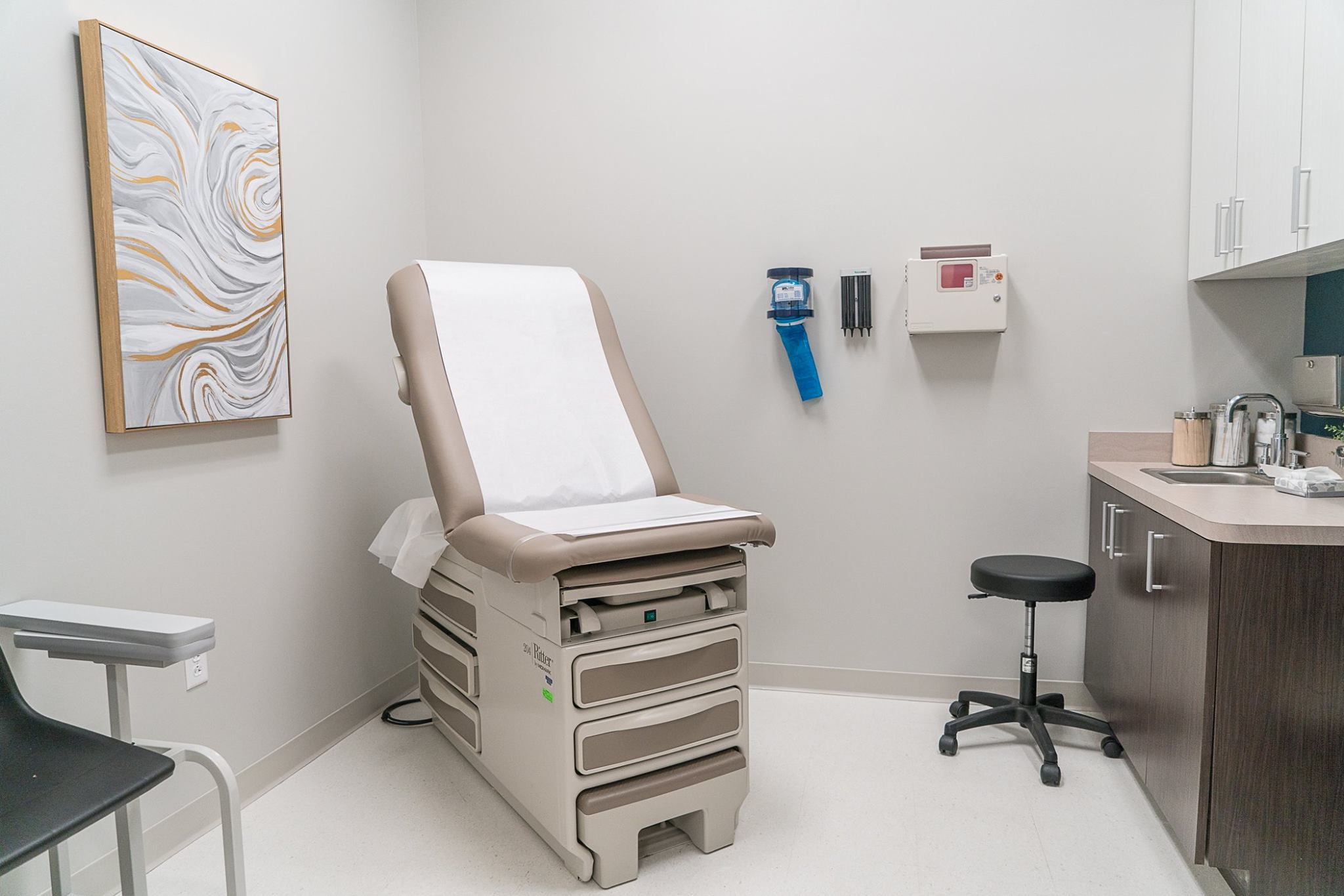Project Description
EXPERIENCED STAFF
EXPERIENCED STAFF
Our skilled team ensures expert care for your health needs.
IN-NETWORK HEALTHCARE
IN-NETWORK HEALTHCARE
We work with your insurance to provide affordable care.
IN-HOUSE DIAGNOSTICS
IN-HOUSE DIAGNOSTICS
On-site tests for accurate and efficient diagnosis.
EXTENDED HOURS
EXTENDED HOURS
UUC is open 7 days a week from 10AM-8PMONLINE CHECK-IN
ONLINE CHECK-IN
Conveniently streamline your visit with our online check-in option.
SEEKING CARE FOR THE FLU
People who have diminished immune systems, chronic inflammation, have had an organ or bone marrow transplant, are undergoing chemotherapy, or have HIV/AIDS need to seek medical treatment at the earliest signs of sickness. In healthy individuals, the cold or flu can often be treated at home with rest and hydration. However, you should seek medical treatment at University Urgent Care if you exhibit the following symptoms:
- Fever over 103º F, or a low-grade fever persisting for three or more days
- Sweating while also feeling cold
- Chest pain
- Severe headache
- Shortness of breath
- Dizziness
- Continuous vomiting and/or diarrhea
Certain flu symptoms that fall outside the scope of our urgent care services may necessitate referral to an emergency room. If you are experiencing difficulties in breathing, uncontrolled bleeding, or chest pain unrelated to coughing, please call 9-1-1 immediately or seek care at an Emergency facility.
WHAT ARE SYMPTOMS OF THE FLU?
Influenza, commonly referred to as the flu, is a contagious viral respiratory illness. The illness can cause mild to severe symptoms. Severe influenza cases can result in hospitalization and even death. Although they are both respiratory illnesses caused by a virus, your symptoms are the easiest way to tell the difference between a common cold and the flu. The flu can easily be transferred from person to person when infected individuals spread tiny droplets of bodily fluid when they cough, sneeze, or talk. Infected individuals are contagious starting one day before symptoms develop and up to five to seven days after.
Since the influenza virus can be life-threatening in severe cases, it’s essential to be seen and treated by a doctor if you suspect you have the flu. Our team of doctors and nurse practitioners are here to analyze your symptoms and diagnose your condition. Whether you need to be seen after regular doctor’s office hours or want quick, attentive treatment, you can stop by our urgent care facility seven days a week for medical care.
If you have the flu, you might experience some or all of the following symptoms:
- Fever above 100°F
- Severe body aches in the muscles and joints
- Weakness or severe fatigue
- Dry, hacking cough
- Sore throat
- Runny or stuffy nose
- Headaches
- Chills
- Red, watery eyes
- Warm, flushed skin
- Nausea, vomiting, or diarrhea is most common in children
Flu symptoms come on suddenly. Active flu strains vary from year to year, but influenza A and B are the most common types.
Flu Treatment Options
The best way to handle the influenza virus is through preventative measures. The CDC recommends all individuals get a flu vaccine each year to reduce flu-related illness and the risk of serious complications. In addition to getting your flu shot annually, you can prevent the flu by:
- Avoid close contact with people who are sick
- Covering coughs and sneezes
- Frequently washing your hands
- Avoid touching your eyes, nose, or mouth
- Practice good health habits at home
- Keep frequently touched surfaces clean
- Get plenty of sleep
- Be physically active
- Manage stress
- Drink plenty of fluids
- Follow a healthy diet
If you contract the flu virus despite following these preventative measures, make an appointment with University Urgent Care in Fort Worth, Texas, or with your local healthcare provider.
University Urgent Care provides flu treatment for children aged 2 and up, catering to a wide range of medical needs. Families can either walk in for immediate care or conveniently schedule an appointment online, ensuring prompt attention to their child’s health. Learn more about our urgent care services for kids here.






